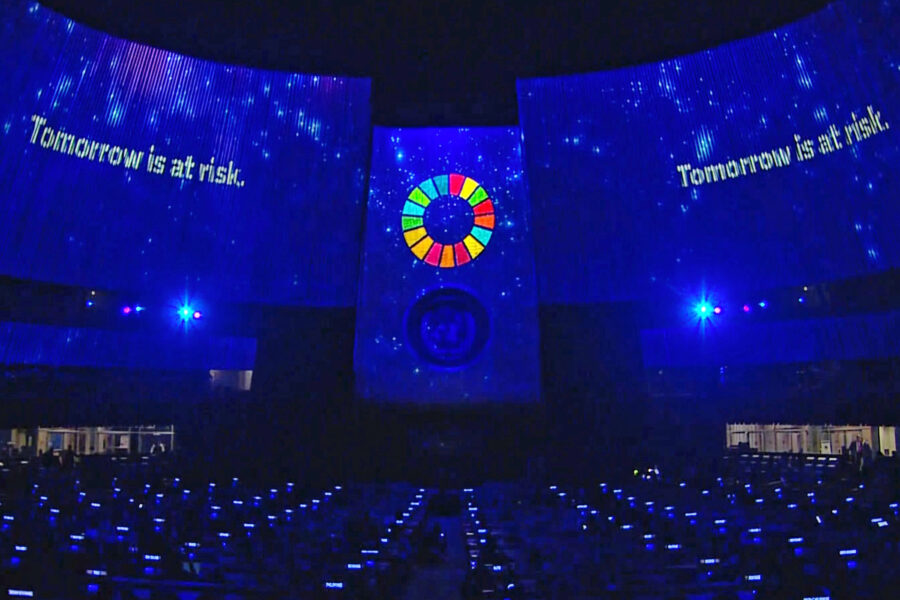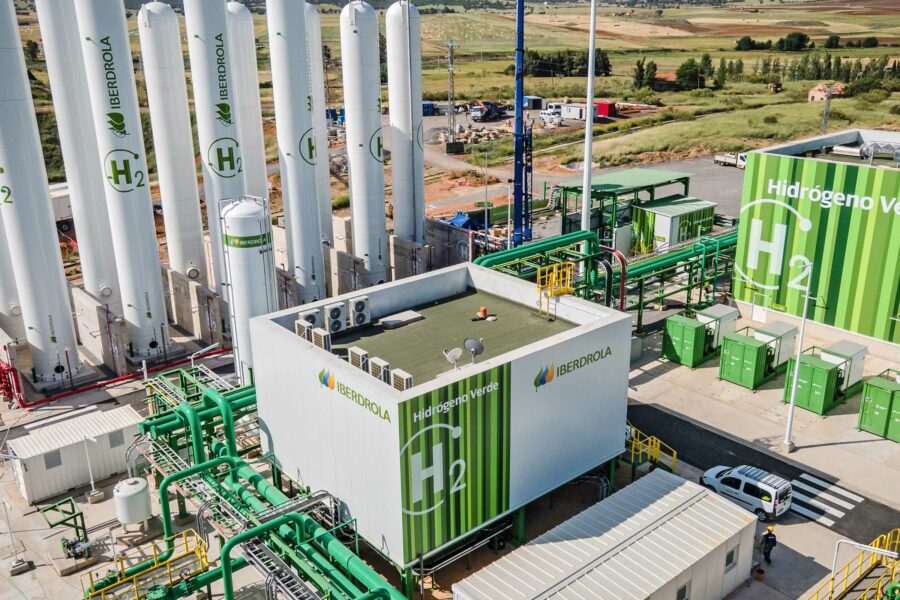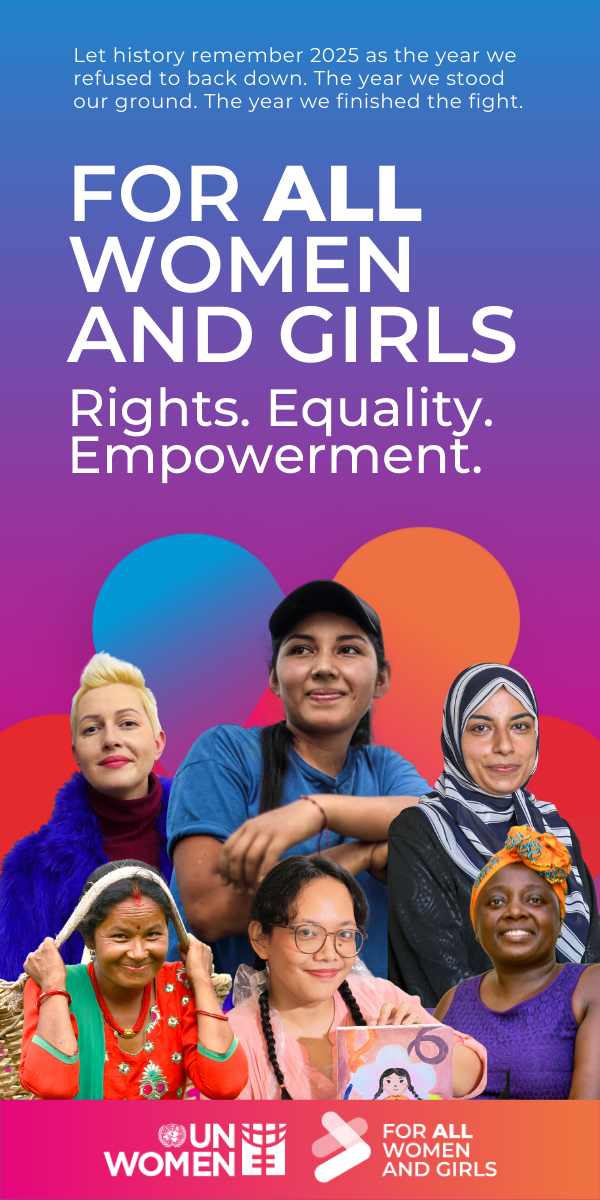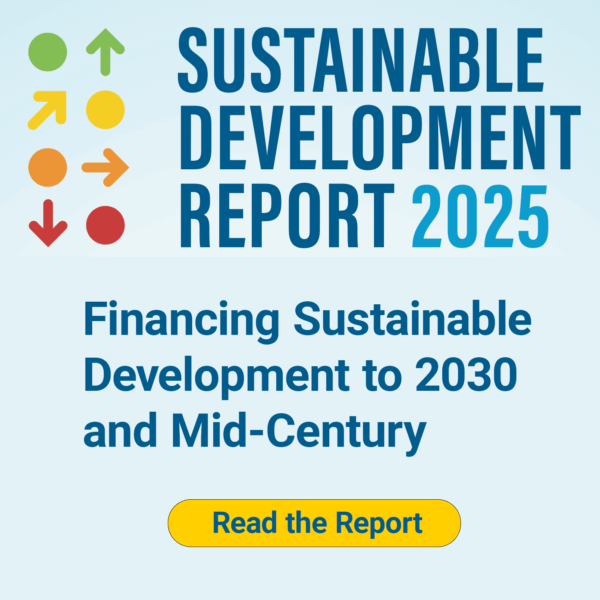The business case for the SDGs – what will the tipping point be?
Business — Global
To transform our world, the SDGs must also transform business. With just seven years left to the deadline, we must explore bold, new ways to encourage companies to genuinely engage with the goals and embed sustainable, climate-friendly practices for the long term













